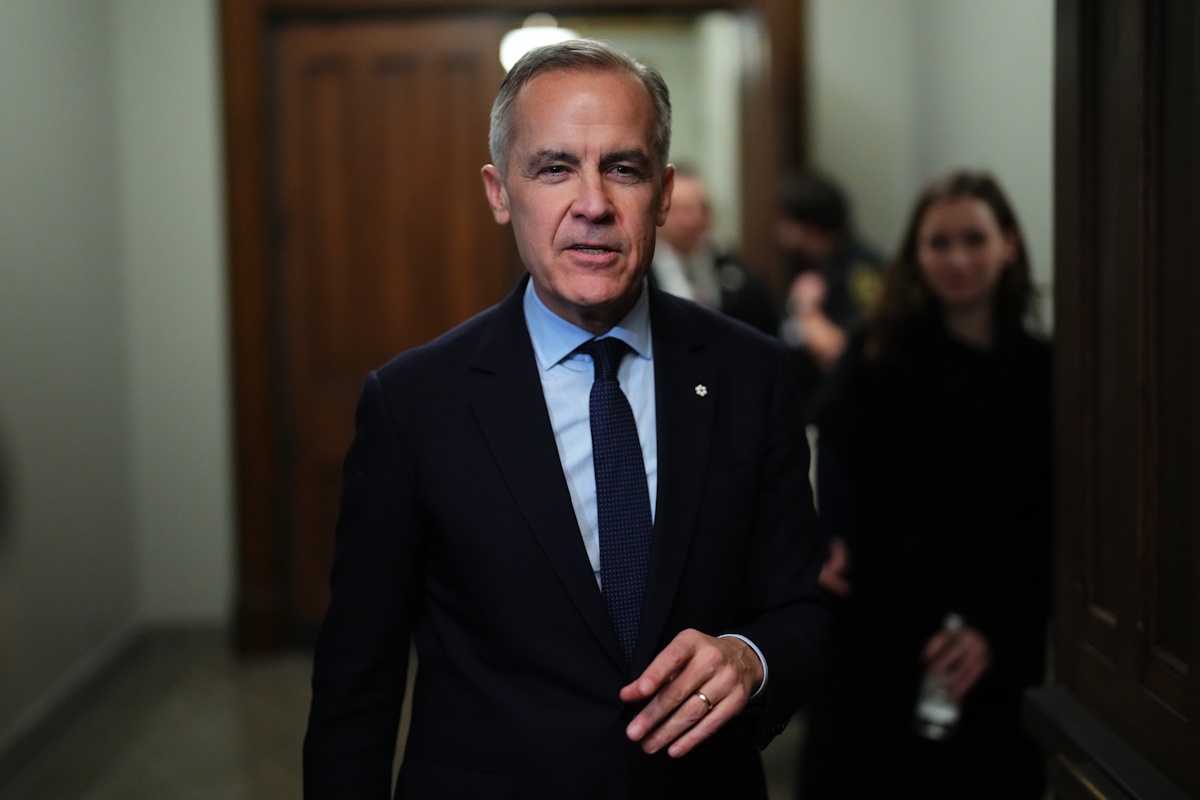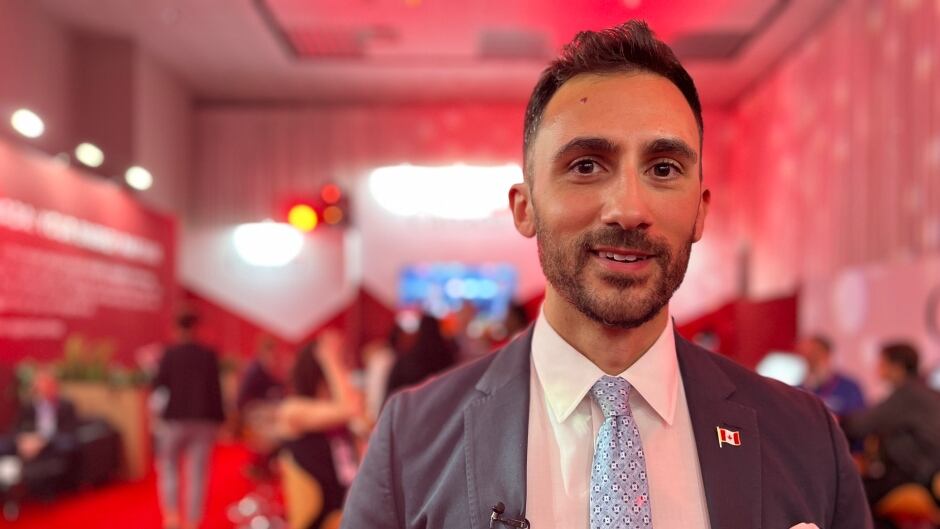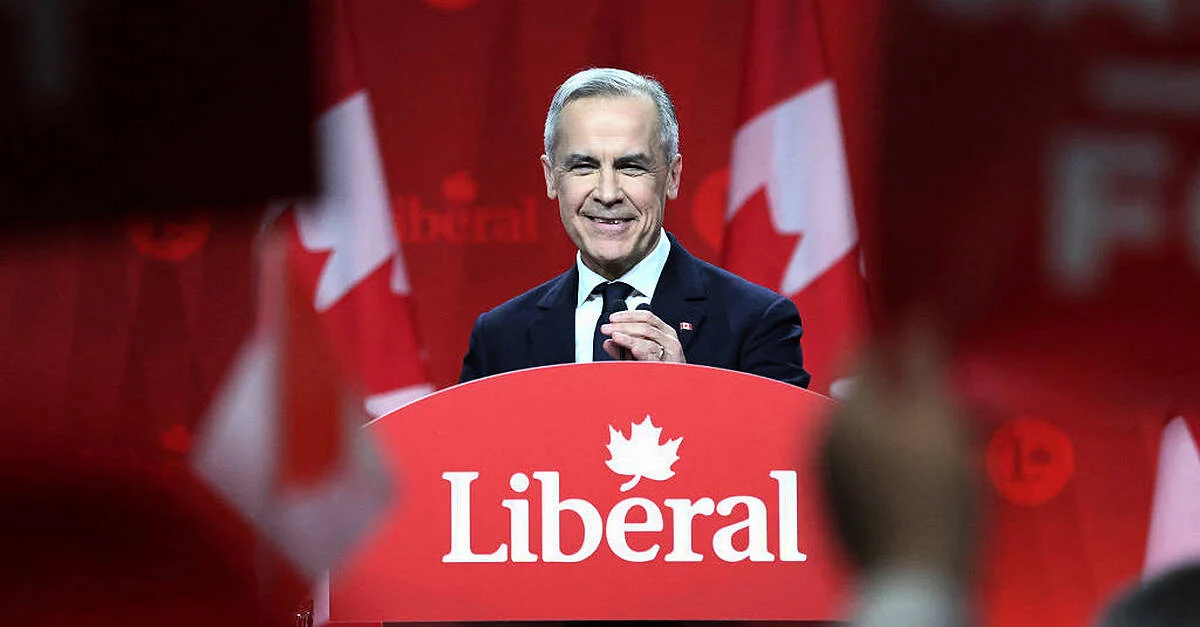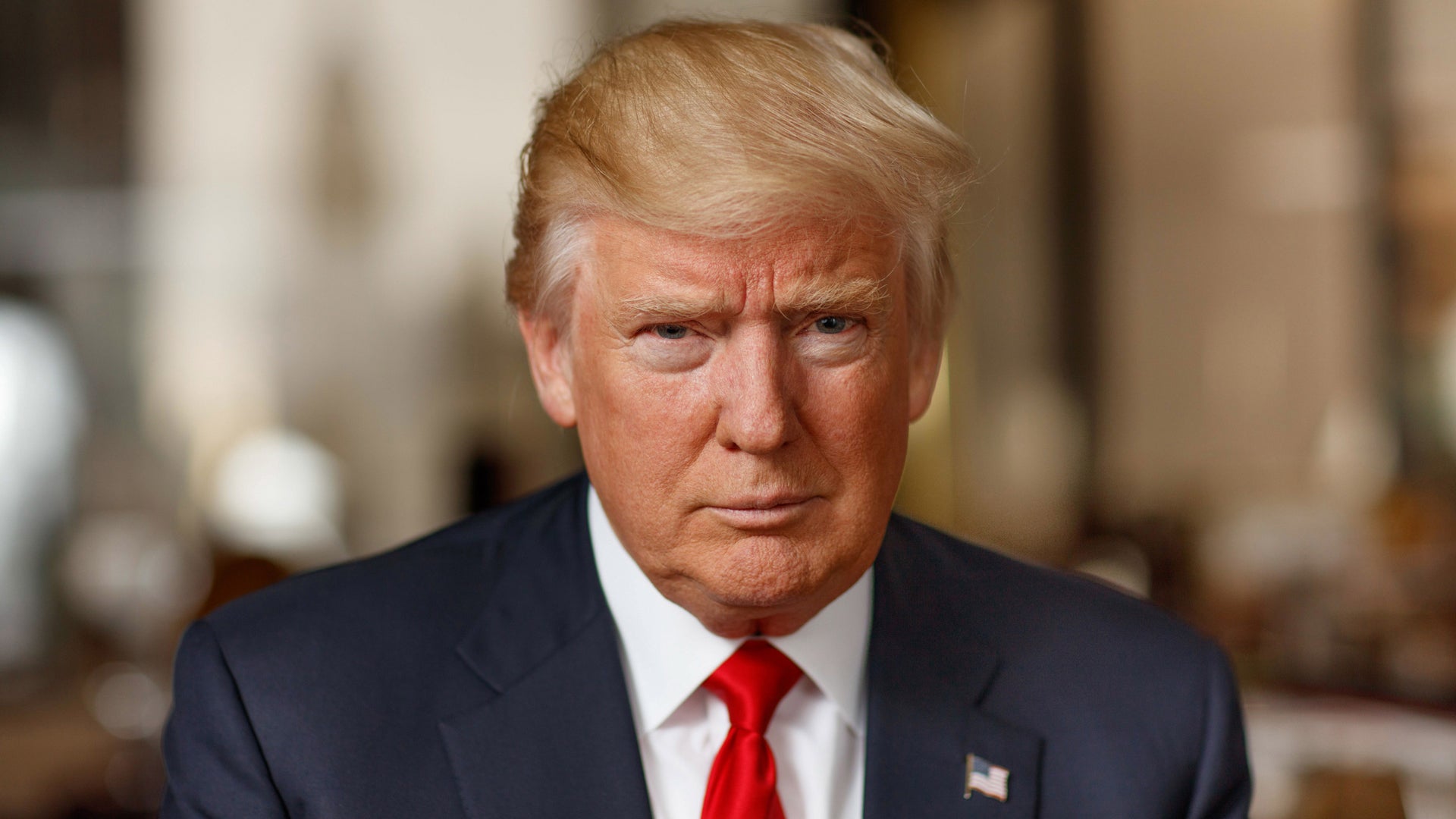Former senior Canadian intelligence officials are sounding the alarm, urging the country to stay vigilant for potential efforts to destabilize Canada amidst escalating threats from U.S. President Donald Trump about annexation.
In an interview with News, these experts suggested that the primary tool the Trump administration could use in their attempts to annex Canada would likely not be intelligence agencies, but rather a more public approach—most notably social media platforms like X (formerly Twitter), owned by Elon Musk.
“I see Mr. Musk as a significant issue,” said Ward Elcock, former head of Canada’s intelligence agency CSIS during the 9/11 attacks. He emphasized the potential for Musk’s platform to be used in destabilizing Canada. “This is something that could cause problems on several fronts.”
While the CIA has historically used covert methods, including assassination and corruption, to destabilize foreign governments, the experts noted that Canada would likely face a different kind of threat—one more reliant on the power of social media campaigns rather than traditional covert operations.
Is Trump Trying to Influence Canadian Politics?
Dick Fadden, who also headed CSIS and served as national security adviser to former Prime Minister Stephen Harper, raised concerns about foreign influence in Canadian politics. “Is Trump trying to change political views in this country? If so, that’s foreign interference,” he said. “It’s just as unacceptable coming from the United States as it would be from China or Russia.”
Economic Strain: A Vulnerability for Canada
Neil Bisson, a former CSIS officer and current director at the Global Intelligence Knowledge Network, highlighted economic vulnerability as a key point of potential exploitation. He warned that while Canada has shown unity in response to annexation threats, younger Canadians, particularly those facing economic hardship, could be more susceptible to foreign influence.
“Those people who are worried about their basic needs, like food and shelter, might start to question the importance of sovereignty,” Bisson explained. “That could be a crack in the armor that others would seek to exploit.”
He noted that disinformation campaigns could target these economically distressed individuals, presenting American citizenship as a potential solution to their struggles. “Some Canadians might even be co-opted into spreading that narrative,” Bisson added.
Trump’s Economic Strategy to Force Annexation
Trump has offered several justifications for tariffs on Canadian goods, but some, including his repeated statements about economic collapse leading to annexation, signal a more aggressive approach. Elcock said Trump’s strategy clearly aims to destabilize Canada’s economy, which could eventually lead to Canadian citizens contemplating annexation as an escape from economic ruin.
“The real risk,” Elcock said, “is that if Canada becomes significantly impoverished, some people may start to entertain the idea of annexation as a way out.”
The Power of Disinformation and Propaganda
Fadden also pointed to the power of disinformation campaigns, especially through social media. “The more you repeat something, the more people start believing it,” he said. “If this continues for years, it can wear down even the most resistant minds.”
He emphasized that Canada must strengthen its efforts on the information front, using social media to counteract propaganda effectively.
Government Support to Counter Economic Pressure
Bisson believes that Canadian government support, especially for those suffering under tariff-related economic pressures, could help mitigate the impact of these propaganda efforts. “The government needs to demonstrate to its citizens that it has things under control,” he said. “If Canadians feel abandoned, they may begin to entertain the idea that joining the U.S. might be a better option.”
Possible Covert Operations by the U.S.
Intelligence experts also speculated about the possibility of the U.S. covertly funding or inciting pro-annexation groups within Canada, aiming to create the illusion of popular support for annexation. Fadden warned that the U.S. has the capacity for such operations, but he questioned whether it would actually risk using those resources in Canada, where such activities could be easily detected.
“We need to start monitoring money flows and watch for any attempts to interfere with our elections,” Fadden urged. However, he also pointed out that covert operations would be risky for the U.S., especially under Trump’s direct leadership, as he prefers public messaging over secretive tactics.
The Likelihood of Covert U.S. Intelligence Operations
Elcock added that U.S. intelligence agencies have historically been cautious about operating in Canada, and any covert efforts would likely be detected due to Canada’s established intelligence systems. “Canada has intelligence tripwires in place to detect such threats,” he said. “The likelihood of Americans slipping under the radar is low.”
Concerns About Changing U.S. Intelligence Practices
The intelligence experts expressed concern about the future of U.S. intelligence operations under Trump. Fadden noted that as Trump continues to purge personnel who don’t align with his views, the risk of more aggressive and politically motivated actions increases. “The more that people who support Trump’s philosophy are installed in key positions, the more worrisome this becomes,” Fadden said.
Annexation Advocates in Canada: A Potential Threat?
Elcock also addressed those Canadians who openly advocate for annexation. While some may see them as a potential security threat, he cautioned that not all such individuals pose a real danger. “It depends on what they are doing. There are always people with unconventional ideas, but unless their actions cross certain lines, they won’t necessarily be a threat,” he said. “If they become active, it will not go unnoticed.”
Canada’s Resilience in the Face of External Pressure
Despite the potential risks, the experts agreed that Canada is more resilient than other countries that have been the target of U.S. destabilization efforts. However, that doesn’t mean Canada is immune to pressure.
“We need to focus on the medium- and long-term consequences,” Fadden warned. “If Canada faces a prolonged campaign of economic warfare, eventually, people may start to reconsider their position.”
While Fadden doesn’t foresee a military invasion, he noted that “economic and cultural control of the country can be just as effective.”







